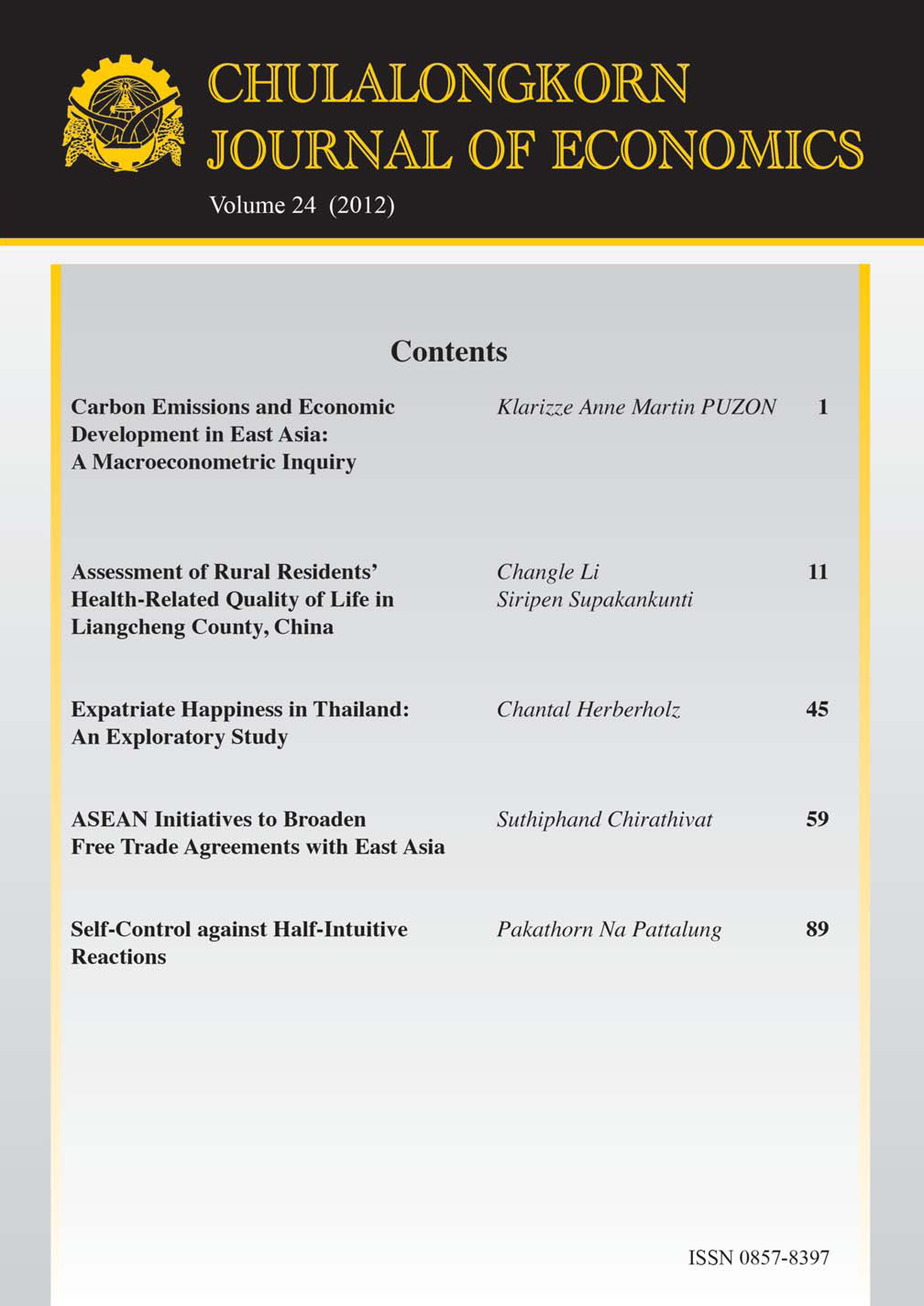Performance of a Reciprocity Model in Predicting a Positive Reciprocity Decision
Keywords:
Reciprocity, Experiment, DK-modelAbstract
This study experimentally tests the performance in predicting decisions of a reciprocity model that was proposed by Dufwenberg et al. (2004). By applying a new approach, the study directly and individually predicts a subject’s future decision from his past decision. The prediction performance is measured by the rate of correct predictions (accuracy) and the gain in the rate of the correct predictions (informativeness). Six scenarios of trust game are used to test the model’s performance. Further, we compare the performance of the model with two other prediction methods; one method uses a decision in a dictator game to predict a decision in a trust game; the other uses personal information including IQ-test scores, personal attitudes and socio-economic factors. Seventy-nine undergraduate students participated in this hand-run experimental study. The results show that the reciprocity model has the best performance when compared withother prediction methods.
Downloads
Published
How to Cite
Issue
Section
License
The submission of a manuscript implies that the paper is an original work and has not been published elsewhere. The author(s) authorize the journal to reproduce or distribute the paper in printed or other electronic forms.







